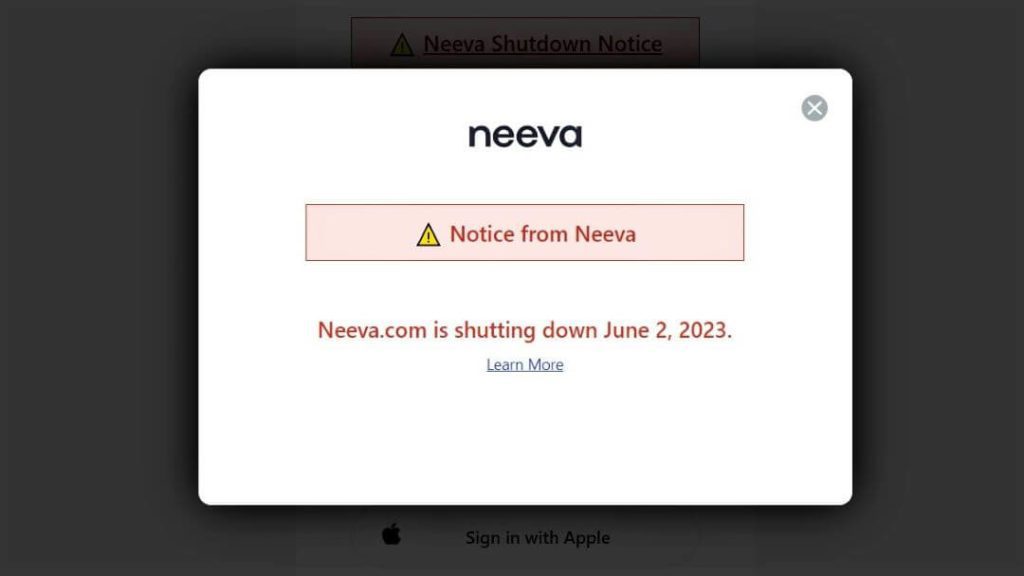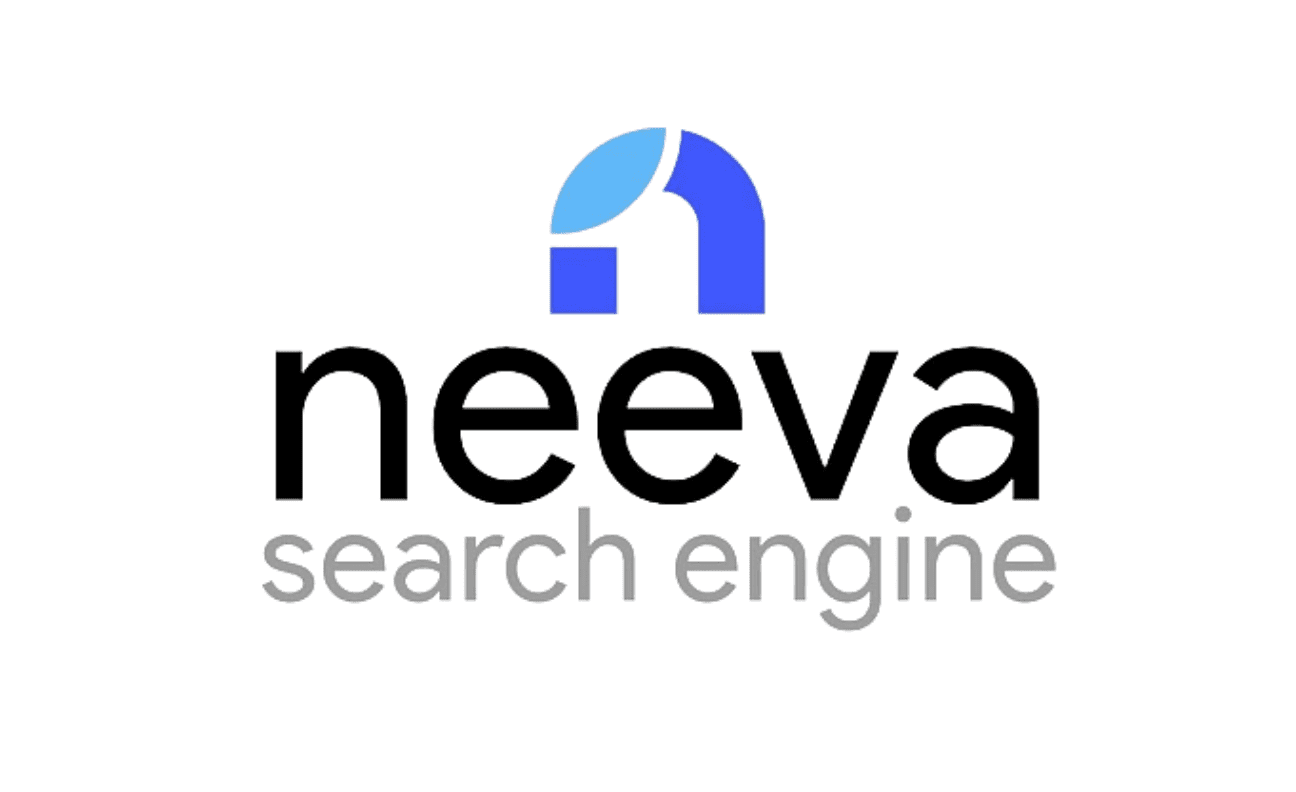In a surprising turn of events, Neeva, the promising startup that once posed a legitimate threat to Google’s search engine supremacy, recently announced the discontinuation of its search platform.
According to an exclusive report from The Information, Neeva is now shifting its focus towards Artificial Intelligence (AI) and is rumoured to be considering an acquisition by Snowflake.
While the company acknowledges the challenges it faced, the co-founders of Neeva reflect on their accomplishments in building a robust and innovative search engine. However, they soon realised that the true challenge lay not in constructing the search engine itself, but in convincing users of the need to embrace a superior alternative.
It is with heavy hearts we announce https://t.co/aZwoDBEZq0 will shut down over the next few weeks.
— Neeva (@Neeva) May 20, 2023
We appreciate our passionate community of customers & users that have supported us over the past few years. ❤️
We thank you for understanding. Here’s some more information ⤵️🧵
The Struggles of Convincing Users
Building a search engine was only the initial hurdle for Neeva’s co-founders. They quickly learned that persuading regular users to switch to a better choice was a formidable task and throughout their journey, they encountered a litany of obstacles.
One significant challenge arose from Google‘s lucrative billion-dollar deals, securing its position as the default search engine on devices worldwide. Users were inundated with constant pop-ups asking, “Are you sure you want to change?”, when attempting to set a new default browser or search engine. Also, the convoluted nature of finding these settings in the first place further compounded the difficulty.
Furthermore, the Chrome Web Store, with its labyrinthine layout, further added to the frustration. These grievances merely scratch the surface of the long list of challenges Neeva faced.
The Paid Product Model
Determined to chart a different path from the traditional ad-based revenue model, Neeva offered a paid product.
Although, surprisingly, convincing users to pay for an enhanced search experience proved to be a less daunting task compared to convincing them to adopt a new search engine altogether.
However, even with this unique approach, Neeva’s success was hampered by economic uncertainties. In an era when free alternatives dominated the market, the company struggled to forge a sustainable business path.
The Timeliness of Neeva’s Closure
Ironically, Neeva’s decision to shut down arrives at a time that could have been ideal for upstart search engines. Increasingly dissatisfied with the ad-heavy experience and subpar results offered by Google, users sought alternatives.
Additionally, the emergence of AI-driven chatbots, like Bing and ChatGPT, revolutionised the way people interacted with the internet. Neeva recognised this shift and developed Neeva AI, a sophisticated language model-based system that, in many ways, surpassed the capabilities of its competitors.
However, despite these efforts, Neeva fell short of its aspirations.

The Race to Challenge Google Continues
Undeterred by Neeva’s exit, the competition to challenge Google’s dominance in the search engine market remains fierce. Bing, with its relentless pursuit of gaining market share, continues to pose a formidable threat.
Brave, a privacy-focused browser, recently celebrated its complete transition to an independent search stack. Other companies, including you.com and DuckDuckGo, are also reimagining the search landscape by leveraging AI technology.
Yet, despite these endeavours, Google remains its own most formidable competitor.
Could Neeva Have Done More?
To better compete with Google, Neeva could have implemented several strategies. Strengthening branding and marketing efforts to differentiate itself, educating users about its benefits, and forming strategic partnerships would have increased visibility and adoption.
Also, focusing on a seamless integration process, emphasising AI and data utilisation, and exploring specialised search areas could have enhanced Neeva’s competitive position. Additionally, adjusting pricing and business models to offer flexibility and freemium options might have encouraged wider adoption.
However, succeeding in the challenging search engine market would require overcoming the obstacles posed by Google’s dominance and continuously innovating to meet the ever evolving user needs.
Conclusion
Neeva’s decision to cease its search engine operations marks the end of a valiant effort to provide an alternative to Google’s search monopoly.
Despite building a competitive search engine and developing advanced AI technology, Neeva faced insurmountable challenges in convincing users to make the switch. As the search engine industry continues to evolve and AI-driven innovations reshape the landscape, the battle to challenge Google’s supremacy persists.
While Neeva’s departure creates a void, it also represents an opportunity for future innovators to reshape the search experience.
Ultimately, for now at least, Google stands unchallenged, leaving its competitors to strive for a breakthrough that may someday redefine the way users interact with the vast realm of information on the internet.









